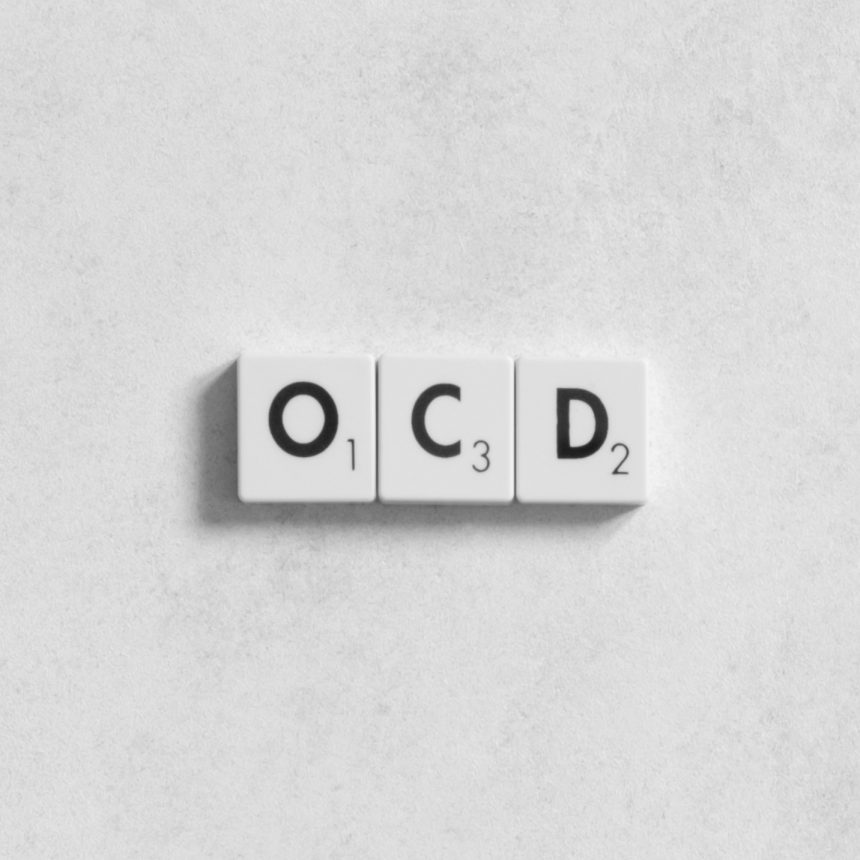As an Elf Economist, I typically don’t focus on research related to obsessive-compulsive disorder (OCD). However, a recent study published in Comprehensive Psychiatry highlighted the lack of economic evidence on OCD. Despite the high prevalence of OCD, only a few papers were found to address the economic aspects of the disorder. Understanding the economic burden of OCD can help allocate resources more effectively. Kochar and colleagues conducted a cost-of-illness study to estimate the economic impact of OCD in the UK. The results showed that the annual cost of illness for OCD amounted to £378 million from a care provider’s perspective, with societal costs bringing the total to over £5 billion annually. The study revealed the significant economic impact of OCD beyond just health care costs, with lost productivity and private therapy expenses contributing substantially to the overall cost. Despite some limitations in the study, the findings emphasize the need for further research to better understand the economic burden of OCD and inform future investment strategies in research and care for individuals with OCD.






